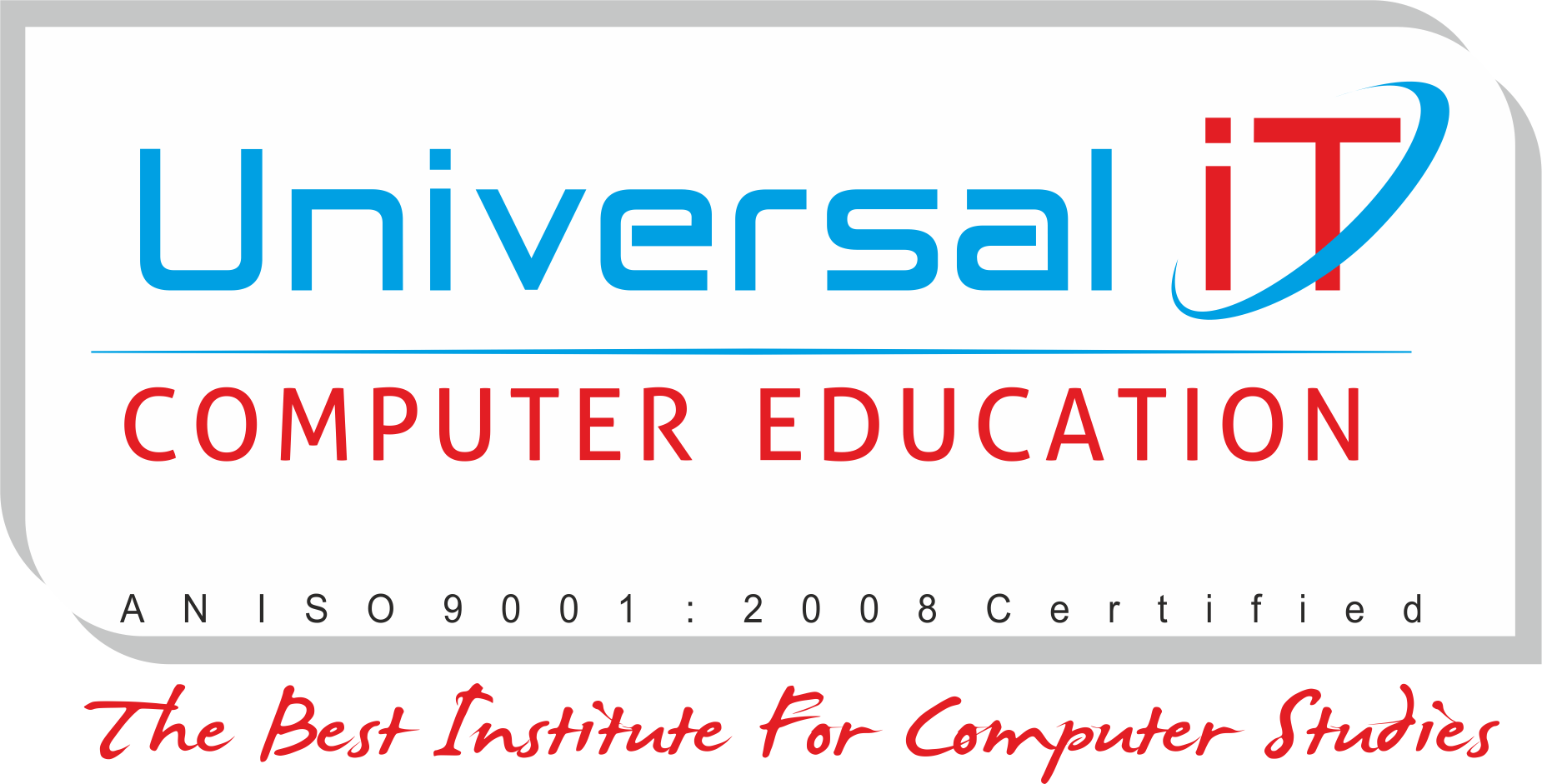MSCIT Fee Refund Form
mscit fee refund form | mscit fee refund form pdf download | mscit fee refund form | mscit fee refund form | mscit fee return form | mscit fee return form pdf download | mscit fee return form | mscit fee return form pdf download | mscit fee…

